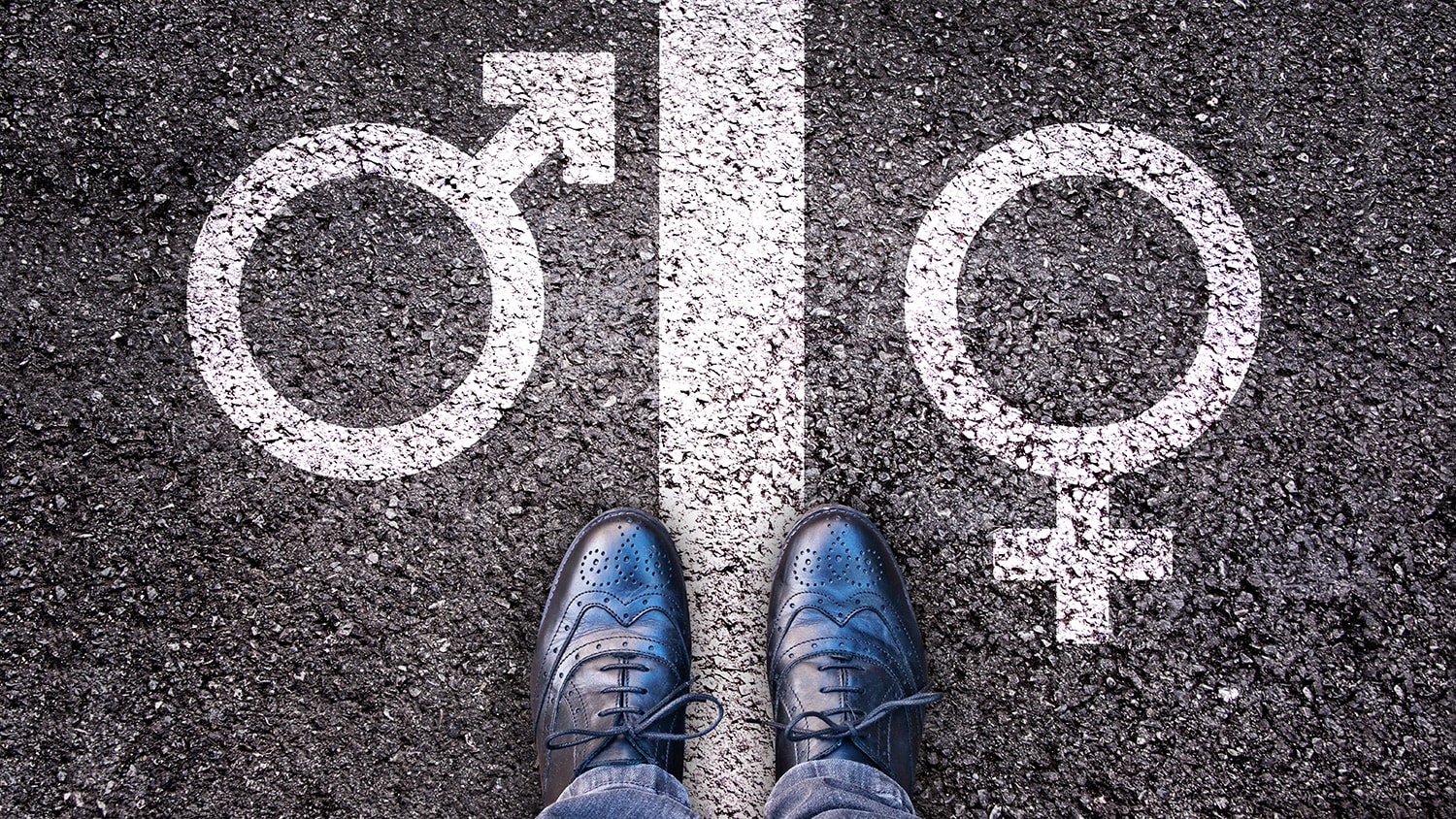
TUC calls on ministers to recognise Long COVID as a disability
Responding to the release of Office for National Statistics data showing a sharp increase in COVID-19 infection rates, and an increase in Long COVID cases, the TUC is calling on the government to recognise the condition as a disability.
TUC General Secretary, Frances O’Grady, said:
“Two million people in the UK are now estimated to have Long COVID, with those workers in health and social care and education most likely to be affected. Long COVID is affecting the day-to-day activities of 1.4 million – and 807,000 first contracted COVID-19 at least 12 months ago. Many people with Long Covid are classed as disabled under the Equality Act. So, legally their bosses must introduce reasonable adjustments to support them and make sure they don’t face discrimination. But not everyone has these vital protections. Ministers must urgently recognise Long COVID as a disability to make sure that all working people with the condition are formally protected by employment law.
“With millions of people now experiencing Long COVID, we can’t afford to just wait and see what happens. The government must introduce these legal protections now. That’s the least we owe to the key workers who kept our country going through the pandemic and now have Long COVID as a result.”
The TUC is calling on government to recognise COVID-19 as an occupational disease, which would entitle employees to protection and compensation if they contracted the virus while working.
To be regarded as a disability under the Equality Act 2010, Long COVID would need to be a physical or mental impairment that has a substantial and long-term adverse effect on a person’s ability to carry out their normal day-to-day activities. While those suffering severely from Long COVID may meet most of the criteria, it is possibly too early to say they would meet the requirement that it is long-term.
The union body has also released statistics showing that nearly one in ten workers with COVID-19 symptoms are being pressured by managers to come into work.
The poll reveals that 9% of employees displaying symptoms have been forced into workplaces, and, in the past 12 months, 10% have been asked to work alongside colleagues who had tested positive.
The survey also shows that only 29% of workers and 14% of disabled workers feel safe going to work since the government lifted the remaining legal protections in England in February, including the requirement for infected people to self-isolate and for employers to produce a specific COVID-19 risk assessment.
UNISON general secretary, Christina McAnea, said:
“Infection rates are rising at an alarming rate. The fact the virus is spreading so quickly during the warmer months should set off alarm bells across the government. Simply wishing Covid away is dangerous. If we don’t begin to prepare now for the inevitable winter wave, staff will be absent, services will be compromised and communities will be denied the quality public services they expect. Ministers must learn from the devastating mistakes of their predecessors, get ahead of the Covid curve and protect the vital public services.”







